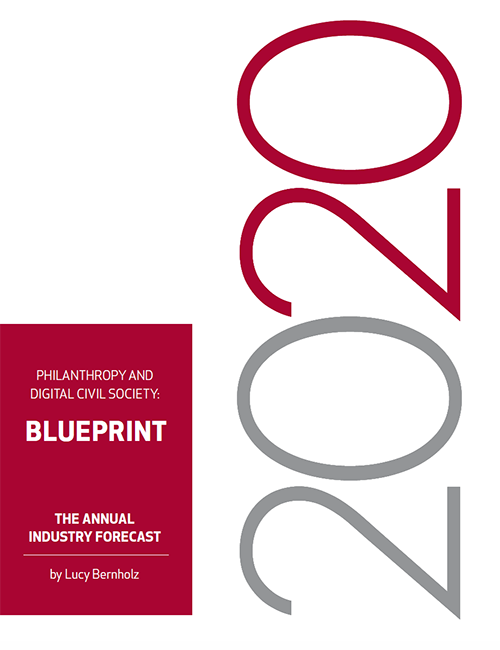THIS POST IS AN EXCERPT FROM BLUEPRINT 2020.
Jasmine McNealy, University of Florida: “I see grassroots efforts emerging and sustaining a fight for collective digital futures.”
I am excited and encouraged when I see the grassroots efforts emerging and sustaining a fight for collective digital futures. This includes, for example, the successful campaigns that persuaded municipal governments in Oakland, San Francisco, Berkeley, and Somerville, MA to ban the use of facial-recognition technology by city government agencies. Though the prohibitions are limited, covering only use within geographic and institutional boundaries, these successes represent the potential outcomes of collective efforts to combat the encroachment on human rights through technologically assisted programs. Further, grassroots actions — like the campaign in Toronto against a public-private data dragnet in the form of the proposed smart city Quayside, Detroit community activists’ uses of blockchain to form autonomous communities, and national collaborative efforts in support of digital inclusion among others — demonstrate that no matter the challenges, communities and collectives will engage in mutual aid.
Catalina Escobar, MAKAIA: “We see a challenge (but also an opportunity) in misinformation and fake news and the role of digital civil society.”
Lack of access to technology and information has contributed to the isolation of communities and continues to be a problem in Colombia. This issue of access to basic digital rights and information is not addressed often enough and is still an issue. We are concerned that the 4IR (Fourth Industrial Revolution) will actually broaden social gaps instead of reduce them. … We also see a challenge (but also an opportunity) in misinformation and fake news and the role of digital civil society. The role of education and “infomediaries” is key to minimize the impact of fake news in decision making.
Eli Marcel, Cahan Knight Hennessy Scholar, MS Candidate in Health Policy, MD Candidate: “The role of civil society is tethered closely to health.”
In my field—medicine—more evidence emerges daily suggesting that socioenvironmental influences play a larger role in determining health than do rote biologic ones … innumerable disparities have been noted between marginalized/vulnerable demographic groups and privileged ones. To the extent our institutions and infrastructures cause disproportionate suffering in these subgroups, the role of civil society is tethered closely to health. [M]any … AI/ML algorithms are trained on datasets with intrinsic biases. If left uncorrected, these can worsen rather than improve health outcomes for vulnerable subgroups. It is incumbent on authors, academic institutions, journals, funders, and policymakers alike to demand minimum thresholds of inclusiveness and representativeness to ensure that AI/ML is introduced equitably from the outset to all patients. … I wish students and young professionals had more of an opportunity to engage with DCS (and philanthropy, more broadly) early in their careers.
Madeline Libbey, College senior, summer intern at AccessNow: “There is a lot of parallel research in the national security space that could and really should be informed by experts in digital rights advocacy and protection.”
[T]he frame of digital civil society is important to understanding how groups around the world can ensure digital rights for everyone. I’ve seen my work— from helping with content moderation for activists to partnering with groups across the ocean on human-centered AI strategy—as collaborative, interconnected, and interdependent within the digital civil society space. … [T]he work of the Digital Security Helpline … strikes me as a place where digital civil society is filling in for the missteps and misunderstandings of industry. … In particular, Syrian Archive is starting to broaden their scope/ mandate to help recover censored footage from conflicts around the world. … It strikes me that there is a lot of parallel research in the national security space on things like AI and censorship that could and really should be informed by experts in digital rights advocacy and protection, and vice versa.
Divya Siddarth, Microsoft Research India: “Can digital growth actually help in working with institutions and communities for political and economic empowerment?”
The question I find myself asking is: How can we in India continue to build an equal and just democracy in a time of political upheaval and expanding government control over the digital and media sphere, as well as of tech monopolies and digital platform centralization? How does all this intersect with the exponential growth and penetration of digital technologies? And can this digital growth actually help in working with institutions and communities for political and economic empowerment?
For more responses, download Blueprint 2020. Tweet @dgtlimpact with #Blueprint20, take the 2020 survey, and join us on LinkedIn.

